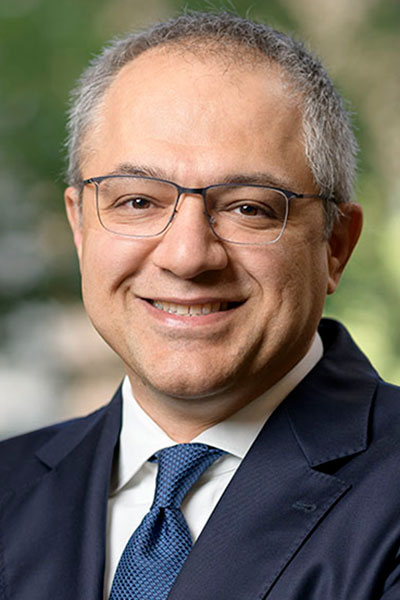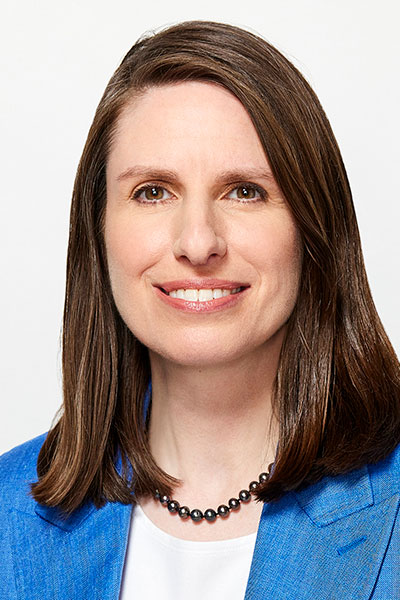Real-world data is one of the most popular categories of abstract submissions for the 2023 SABCS®, and it is expected to be popular among attendees. Experts share insight into two of the sessions on real-world data and genomics.

Pedram Razavi, MD, PhD, Memorial Sloan Kettering Cancer Center, will give a presentation on real-world genomics as part of Materials and Methods: Basic Science to Breast Oncology Workshop, from 2:05–3:05 p.m. CT on Tuesday, December 5 in the Stars at Night Ballroom 3-4.
Dr. Razavi said the session outlines the huge emphasis on real-world data as a discovery tool. The session will focus on the translational research program at Memorial Sloan Kettering Cancer Center and how it has utilized real-world clinico-genomic data to study breast cancer biology and identify mechanisms of response or resistance to therapy. He also will discuss the Memorial Sloan Kettering Multimodal Integration of Data (MSK-MIND).
“More recently, we have expanded our efforts as part of the MSK-MIND initiative to take advantage of artificial intelligence and advanced analytical tools to fuse multimodality radiographic, histologic, genomic, molecular, and clinical data to accelerate research and predict outcomes,” he said. “I will specifically present unpublished data from the Breast MSK-MIND study on predicting pathologic complete response among the patients with high-risk breast cancer receiving neoadjuvant chemotherapy.”
Dr. Razavi added, “One of the major advantages of real-world data is the ability to standardize and combine complex multimodal data from multiple institutions to improve power of the analyses and to overcome certain biases that are inherent to single institution data. The American Association for Cancer Research (AACR) Project GENIE is a prime example of such efforts, and I’ll be presenting data from the Breast Cancer GENIE project to highlight how such large-scale efforts can accelerate precision oncology.”

Mia Levy, MD, PhD, Chief Medical Officer, Foundation Medicine, and Director, Cancer Center, Rush University Medical Center, will cover real-world data as it relates to tumor agnostic approaches during Clinical Workshop: Tumor Agnostic Approaches to Care, from 2:05–3:05 p.m. CT on Tuesday, December 5 in the Stars at Night Ballroom 1-2.
Dr. Levy explained, “Foundation Medicine has a next-generation sequencing platform for both tissue and liquid biopsy assays. We have done sequencing on more than a million specimens at this point, and this has allowed us to use this very large dataset to develop new pan-tumor biomarkers to use as companion diagnostics for cancer drugs.”
She said the main example she planned to talk about is homologous recombination repair deficiency (HRD) signature.
“The original HRD signatures were developed for ovarian cancer, and the drugs developed with these signatures are the poly(ADP-ribose) polymerase (PARP) inhibitors, which are now used for breast cancer as well,” Dr. Levy said. “This was made possible by linking our genomic database to a real-world dataset of electronic health records, and we were then able to establish the clinical validity of the HRD signature as a biomarker for predicting response to PARP inhibitors in multiple cancer types.”
Dr. Levy concluded the underlying message to the oncologic community attending SABCS® is that developing complex signatures using large data sources can be done using real-world data.
“It enables a research workflow for cancer biomarkers that can be used in clinical practice,” she said.

